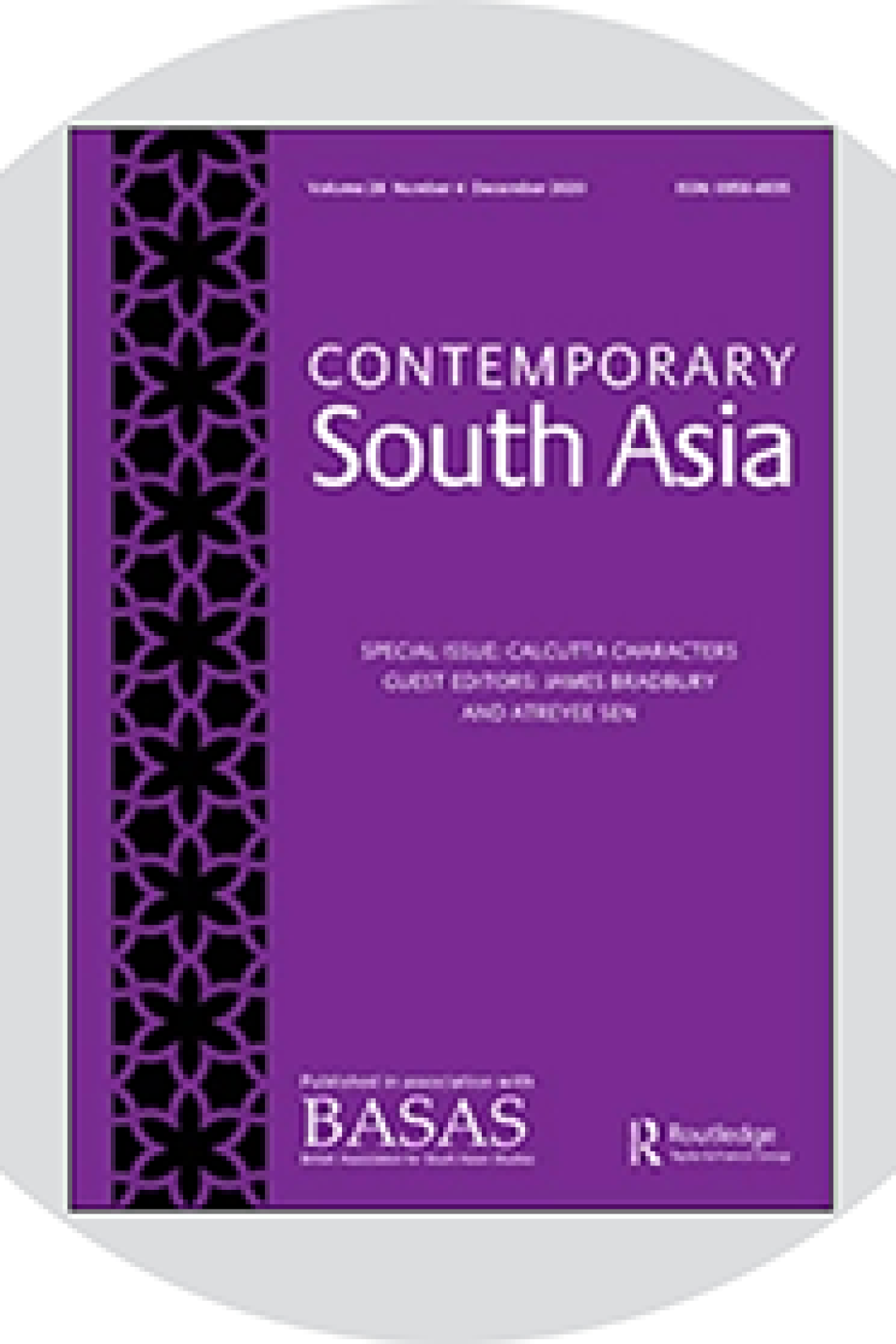New article by David Jackman explores role of student movements in Bangladesh
A new article by David Jackman examines the role of student-led movements in Bangladesh and suggests ways in which they have the potential to threaten the power of the ruling party.
Decades of violent yet competitive party politics in Bangladesh have been usurped by authoritarian consolidation under the ruling Awami League. Both mainstream ‘civil society’ and political opposition have been largely suppressed, left unable to wage the protests typical of the county’s politics.
It is then striking that recent years have nonetheless seen significant urban unrest in the form of student-led movements, coalescing around issues of injustice. Such social movements are neglected in the study of authoritarian durability, yet appear in practice to pose a serious threat to the ruling party.
To understand this threat, this article examines two cases from 2018: the movements for reform to civil service quotas, and improved road safety. It argues such movements must be read in light of Bangladesh’s history, where students have played a major role in confronting authoritarian rule.
In particular, they pose two threats: first, they have the potential to undermine the ruling party’s legitimacy and create a moment of crisis on which the opposition could capitalise; second, they can exacerbate tensions between interest groups on whom the ruling party rely to maintain power. Responding to such threats is thus crucial for the ruling party to maintain their grip on power.
David Jackman (2020) 'Students, movements, and the threat to authoritarianism in Bangladesh', Contemporary South Asia, DOI: 10.1080/09584935.2020.1855113

